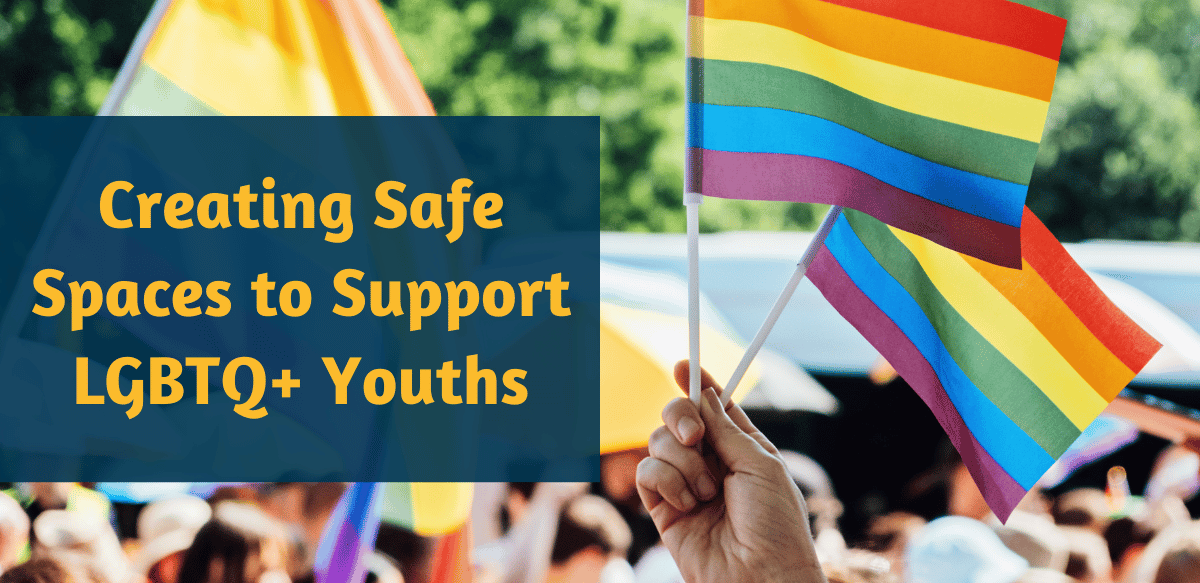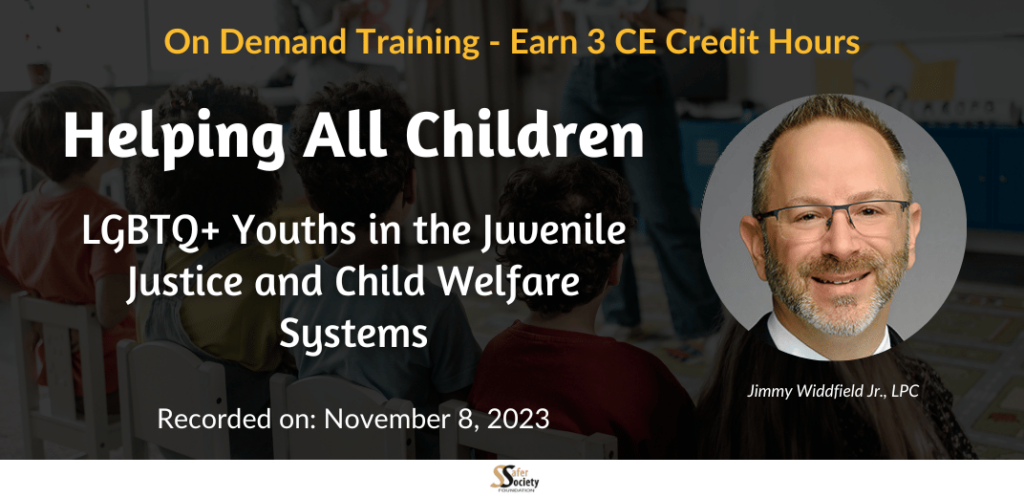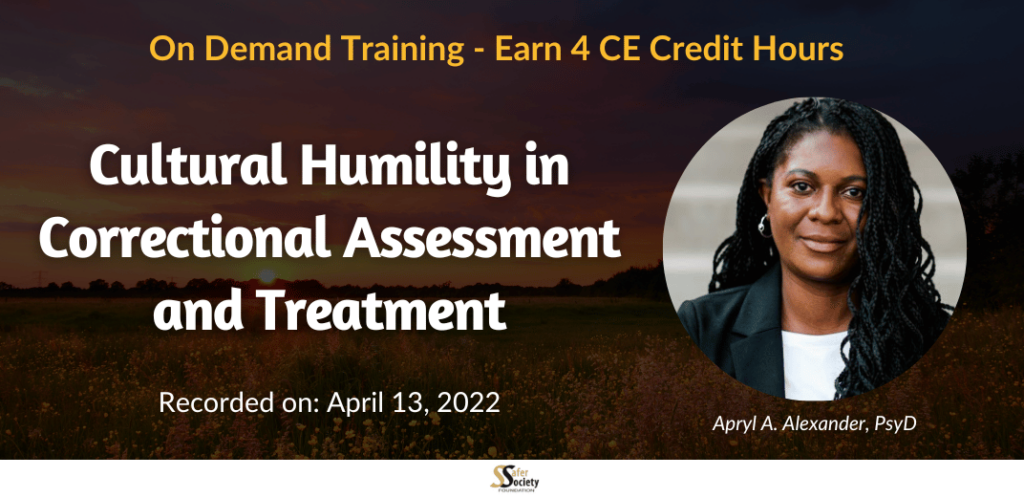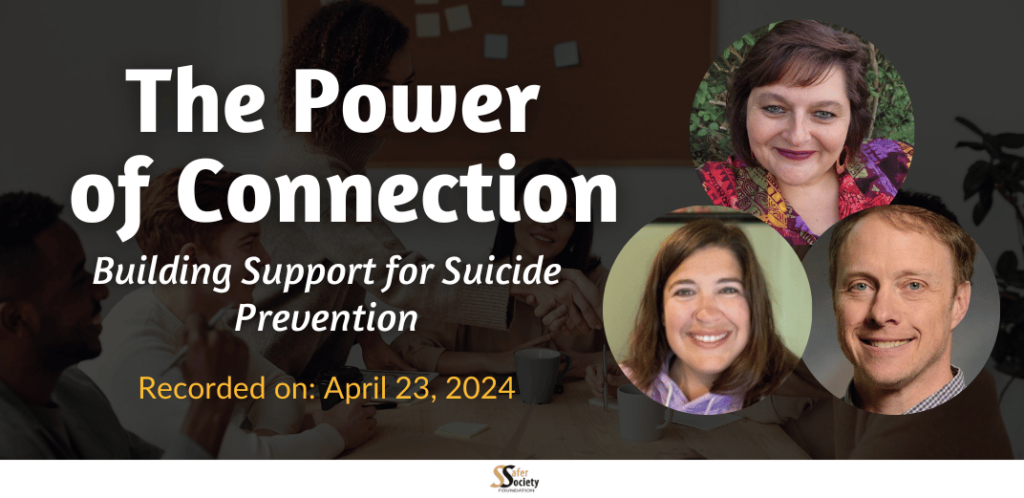
As we celebrate Pride Month, it’s essential to recognize the unique challenges faced by LGBTQ+ individuals, particularly youths, in accessing affirming mental health care. As clinicians, we have a responsibility to create safe spaces where LGBTQ+ clients feel supported, valued, and empowered.
Challenges Faced by LGBTQ+ Youths
LGBTQ+ youths face significantly higher risks of adverse outcomes compared with their cisgender peers. They are overrepresented in child welfare and juvenile justice systems, making up 15% of the foster care population and 20% of youths in the juvenile justice system, despite only 7% of the general adolescent population identifying as LGBTQ+.
LGBTQ+ youths face higher rates of discrimination, violence, and trauma. They are at greater risk of suicide, with 29% reporting a suicide attempt in the past year and 60% reporting symptoms of depression. Homelessness is also a significant issue, with 40% of homeless youths identifying as LGBTQ+.
Creating Safe Therapeutic Spaces
As mental health professionals, we can take several steps to create affirming, culturally responsive care for our LGBTQ+ clients. Jimmy Widdifield Jr. is a specialist in child maltreatment who has specific experience working with children and adolescents with problematic sexual behaviors and their families and LGBTQ+ youths. He also supports multidisciplinary teams that investigate child abuse and neglect.

Widdifield offers the following advice to fellow mental health professionals:
- Understand that terminology around sexual orientation and gender identity is fluid and dynamic. If you’re not sure which terms to use (queer, questioning, intersex, asexual, pansexual, two-spirit, etc.) ask your client what makes them feel most comfortable.
- Use inclusive language, avoid making assumptions, maintain confidentiality about a youth’s LGBTQ+ identity, and educate yourself about inclusivity.
- Include LGBTQ+-friendly symbols, magazines, literature, etc., in your office to signal that it is a safe space.
- Always use the client’s correct name and pronouns. Never purposely misgender a client, as this can be very harmful, especially to young people.
- When engaging with non-affirming people in the client’s life, listen respectfully, acknowledge their different beliefs, and try to find common ground around wanting the client to be safe and healthy.
- Educate yourself about local resources available to LGBTQ+ individuals.
Widdifield concludes:
“At the end of the day, humans deserve basic protections. Food, safety, water, clothing, love, housing, and protection. We’re all human. And so, if you find yourself today at odds with what you hear me say, can we just start at being human and let that move us forward?”
Additional Suggestions for Creating Safe Spaces
Advocates for Youth, in their document “Creating safer spaces for LGBTQ youth: A toolkit for education, healthcare, and community-based organizations” provide additional suggestions for creating safe spaces:
- Ensure your intake forms allow clients to self-identify their name, pronouns, gender identity, and sexual orientation if they choose. Don’t make assumptions about a client’s identity.
- Normalize sharing pronouns by including your own pronouns in your email signature, name tag, etc. Encourage all clients to share the name and pronouns they use.
- Provide gender-neutral restrooms if possible. Clearly mark single-stall restrooms as “all gender” to avoid confusion.
- Participate in LGBTQ+ cultural competency trainings on a regular basis to stay informed on how to provide affirming, culturally responsive care to LGBTQ+ clients.
“Anyone who provides services to young people has an obligation to promote the health and well-being of all the youth in the program, including LGBTQ young people…These spaces help support and value LGBTQ youth, allowing them to exist in their truth.” – Butler, A. (2020)
Knowledge Grows When It Is Shared
This Pride Month, let us recommit ourselves to being allies and advocates for the LGBTQ+ community in our clinical practice and beyond. By creating safe spaces that support and value LGBTQ+ youths, we allow them to access the affirming mental health care they deserve.
Safer Society is proud to host the on-demand training presented by Jimmy Widdifield, Jr., LPC. This presentation enhances the knowledge of all child maltreatment professionals on LGBTQ+ youths and culture and statistics on adversity and trauma for these youths. It focuses on entry points to child-serving systems and affirmative strategies that are considered best practices in the field. The intended audience is all professionals in fields affected by child maltreatment and those who serve LGBTQ+ youths.
Click here to learn more: Helping All Children: LGBTQ+ Youths in the Juvenile Justice and Child Welfare Systems
Safer Society also offers trainings and webinars on using inclusive language, cultural humility, and suicide prevention that can further enhance our ability to provide culturally responsive care to LGBTQ+ clients. These include:
Sources:
- Butler, A. (2020). Creating safer spaces for LGBTQ youth: A toolkit for education, healthcare, and community-based organizations. Advocates for Youth. https://www.advocatesforyouth.org/wp-content/uploads/2020/11/Creating-Safer-Spaces-Toolkit-Nov-13.pdf
- Kajstura, A. (2021). LGBTQ youth are overrepresented in the juvenile justice system. Prison Policy Initiative. https://www.prisonpolicy.org/graphs/lgbtq_juvenile_2021.html
- Youth.gov. (n.d.). LGBTQ youth: Child welfare. https://youth.gov/youth-topics/lgbtq-youth/child-welfare#_ftn




